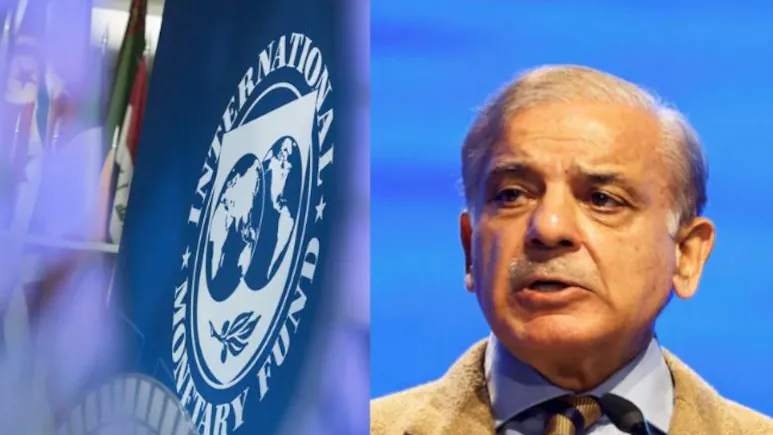Amid escalating diplomatic strains, the International Monetary Fund (IMF) has publicly stood by its decision to extend a bailout to Pakistan, just days after India raised concerns about the financial assistance citing worries over regional stability. The IMF’s statement highlights the delicate balance between providing economic aid and navigating geopolitical tensions in South Asia.
The bailout package, designed to help Pakistan manage its deepening economic crisis, has attracted considerable attention from various regional stakeholders. In response to India’s recent official objections, the IMF reaffirmed that the support is necessary and appropriate to address Pakistan’s urgent financial challenges.
Pakistan faces severe economic difficulties, including soaring inflation, rising foreign debt, and depleted foreign currency reserves. The IMF’s multi-billion-dollar program aims to stabilize the economy while encouraging key reforms to improve fiscal health. An IMF representative emphasized that the aid is strictly intended to meet Pakistan’s urgent financial needs and promote long-term economic stability, independent of political factors.
India’s concerns, communicated formally to the IMF, focus on the risk that bailout funds could be misused in ways that threaten regional peace and security. The Indian government has urged the IMF to maintain close oversight to ensure funds are not diverted to activities that could destabilize the region. This diplomatic exchange reflects the underlying strategic rivalry and mutual distrust between the two neighboring countries.
Experts point out that IMF backing is critical for Pakistan to engage with other global lenders and sustain access to international financial markets. Nevertheless, the bailout comes with strict conditions, including austerity measures and structural reforms, which critics warn could impose short-term social and economic burdens on Pakistan’s population, calling into question the program’s overall effectiveness.
The IMF’s defense of the bailout highlights its commitment to impartiality and its role as a global economic stabilizer. The organization stresses that its decisions are driven solely by economic assessments and viability, without political bias. This reassures all parties that the assistance is focused on fostering economic recovery and not influenced by geopolitical considerations.
In conclusion, the IMF’s support for Pakistan’s bailout, despite India’s objections, underscores the complex interaction between economic assistance and geopolitical dynamics in South Asia. While the financial aid is vital for stabilizing Pakistan’s fragile economy, it remains under close scrutiny amid ongoing regional tensions. The success of the program will depend on Pakistan’s implementation of reforms and the international community’s vigilance to ensure the aid contributes to true economic progress without exacerbating geopolitical discord.



